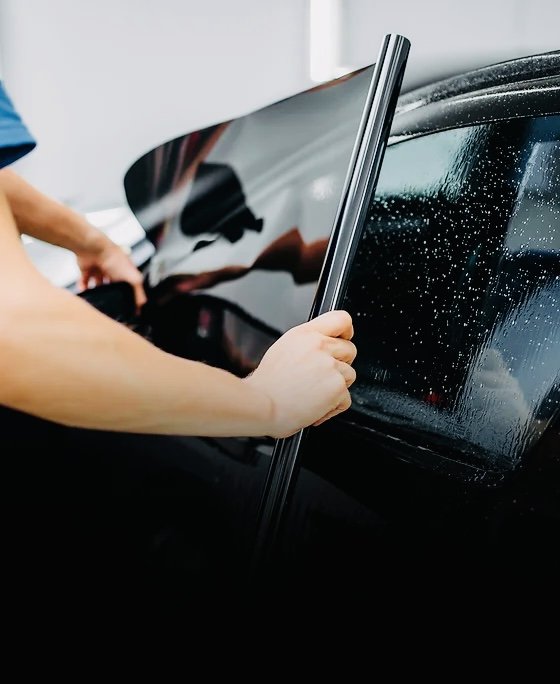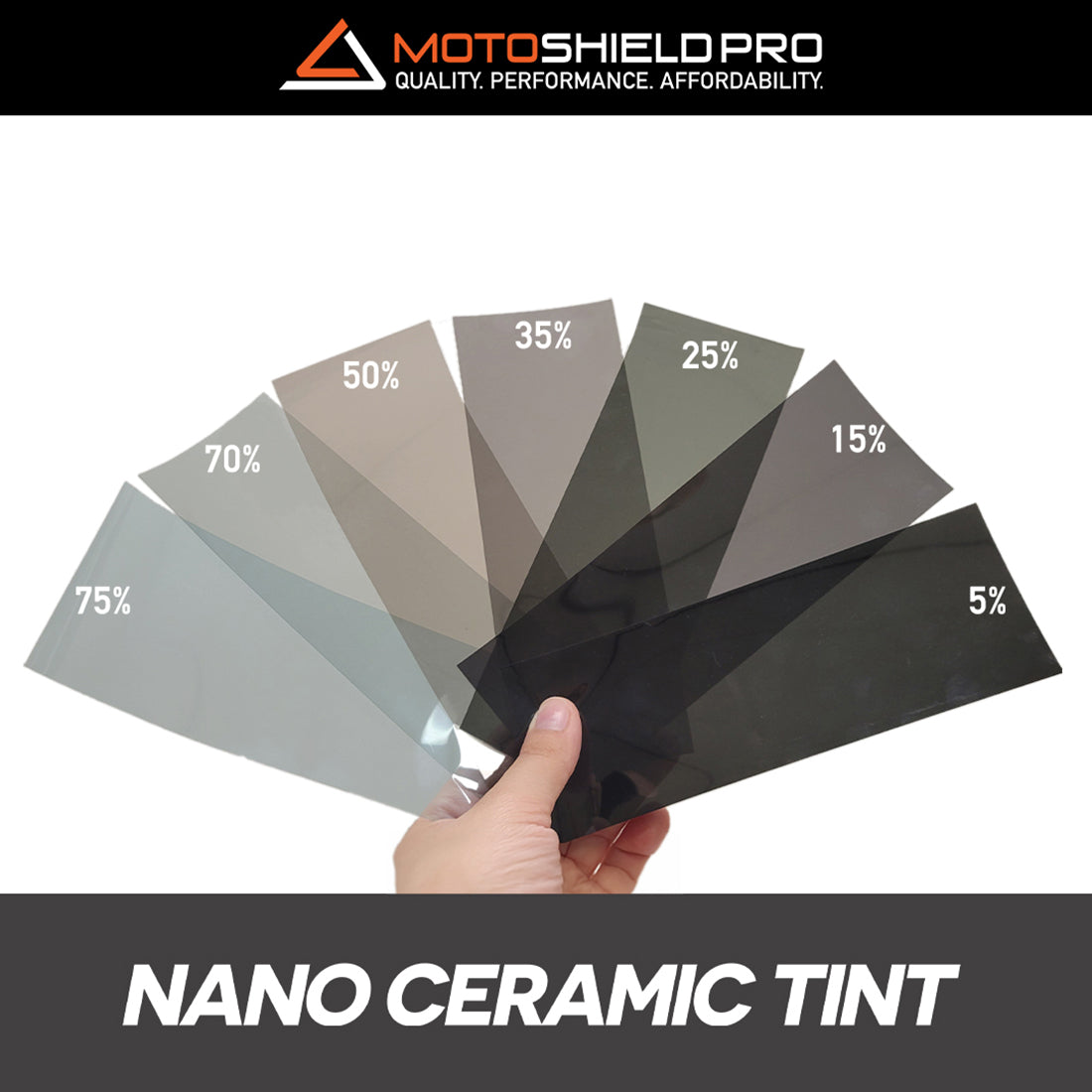Leading Reasons to Pick Expert Auto Window Tinting Solutions
Leading Reasons to Pick Expert Auto Window Tinting Solutions
Blog Article
Window Tinting Laws and Guidelines: What You Need to Know Prior To Tinting Your Auto
Before continuing with window tinting for your car, it is important to familiarize on your own with the varied legislations and standards that regulate this practice throughout various states. These regulations dictate the allowable levels of tint darkness, commonly determined by visible light transmission (VLT) percents, and consist of details stipulations for front windshields aimed at guaranteeing roadway safety.
Review of Home Window Tinting Regulations
Window tinting legislations are often subject to variant across different jurisdictions, showing local policies and safety factors to consider. These legislations determine the permissible degrees of tint darkness and reflectiveness on vehicle windows, ensuring that motorists keep ample exposure while likewise protecting versus hazardous UV rays and warm.
The majority of regulations identify window tinting based upon the Visible Light Transmission (VLT) percent, which indicates the amount of light that can pass through the home window. Usually, reduced VLT percentages symbolize darker tints. Legislations commonly set apart between the front, side, and rear home windows, with stricter constraints put on the front windscreen to improve safety and security for both the vehicle driver and other roadway customers.
Additionally, some jurisdictions enforce restrictions on the reflectivity of the color, avoiding extreme glow that might harm visibility. Exceptions to these legislations may exist for individuals with details medical conditions needing extra sun protection. Compliance with home window tinting laws is vital, as violations can cause penalties, mandatory removal of the tint, and prospective increases in insurance coverage premiums. Therefore, it is important for car proprietors to acquaint themselves with regional laws prior to waging home window tinting installations.
State-by-State Tint Rules
Understanding the particular home window tinting laws in each state is crucial for lorry proprietors looking for to comply with the law. Each state in the united state has established its own set of policies controling home window tinting, which can vary substantially. These regulations commonly dictate the allowable degrees of tint darkness, the types of home windows that can be tinted, and any kind of medical exceptions that might use.
As an example, states like California have stringent limitations on tint darkness for front windows, while others, such as New Mexico, may enable darker tints. In addition, specific states mandate details exposure percents for numerous home windows, including the windshield, front side home windows, and back home windows. It is critical for auto proprietors to acquaint themselves with their state's legislations to prevent possible penalties or charges.
In addition, some states may require a certification sticker to be positioned on tinted home windows, showing conformity with state regulations. Failure to follow these laws not just risks legal effects yet can likewise impact safety and security and presence while driving. Vehicle proprietors should carry out complete research study or speak with regional authorities to make certain complete understanding and compliance with state-by-state color laws.
Allowed Color Degrees and Types
Several car owners might be surprised to find out that allowed tint degrees and types vary widely throughout various states. Each state has established its own laws relating to the acceptable darkness and reflectivity of window tint, often gauged by Visible Light Transmission (VLT) percentages. VLT describes the quantity of light that can pass with the colored home windows; therefore, a reduced percentage suggests a darker tint.

In addition, the kinds of color products enabled can differ, with some states restricting mirror-like or metallic coatings. It is vital for vehicle proprietors to familiarize themselves with their state's specific regulations to make sure compliance. Non-compliance can result in fines, obligatory removal of the color, or other legal consequences, making look these up it necessary to understand these regulations before waging installment.
Medical Exemptions for Tinting
While not all states supply allowances for clinical exemptions concerning window tinting, those that do recognize the need for specific people to improve exposure and convenience as a result of clinical problems. Numerous clinical problems, such as lupus, skin cancer, and specific eye problems, can provide individuals particularly sensitive to sunshine. These people may call for darker colors to shield themselves from dangerous UV rays and glare.

It is necessary to note that even with a clinical exemption, there may still be restrictions on the level of color allowed. Compliance with state regulations makes certain that people are both safeguarded and within legal restrictions. Those considering medical exemptions must contact their neighborhood Department of Motor Vehicles or equal authority to comprehend the needs and procedures check here required to obtain an exemption effectively.
Fines for Non-Compliance
Failing to adhere to home window tinting laws can bring about significant penalties, which vary by state. Law enforcement companies are equipped to provide citations for automobiles that do not stick to the specified tinting policies. These penalties usually consist of fines, which can range from modest total up to several hundred bucks, depending on the extent of the offense and the state concerned.
In some territories, repeated offenses may cause intensifying fines or extra fines, such as necessary court appearances. Moreover, non-compliance might necessitate the removal of illegal tinting, commonly at the proprietor's expense. In severe situations, habitual offenders may encounter suspension of their vehicle enrollment till compliance is attained.
In addition, insurance effects might develop from getting numerous citations for window tint violations. Insurance providers might view such violations as a sign of riskier habits, possibly leading to enhanced costs or problem in coverage.
To prevent these charges, it is vital for lorry owners to familiarize themselves with their local home window tinting regulations and make sure that their car complies (Window Tinting). This aggressive strategy not just prevents legal ramifications however likewise promotes roadway safety
Conclusion

Most regulations classify home window tinting based on the Visible Light Transmission (VLT) percentage, which suggests the quantity of light that can pass via the window. Compliance with home window tinting laws is essential, as infractions can result in penalties, compulsory elimination of the color, and possible increases in insurance coverage premiums.Understanding the details home window tinting policies in each state is important for automobile owners looking for to comply with the legislation. These guidelines frequently determine the allowed degrees of color darkness, the kinds of windows that can be tinted, and any clinical exceptions that might use.
For circumstances, states like The golden state have stringent restrictions on tint darkness for front windows, while others, such as New Mexico, might enable darker colors.
Report this page